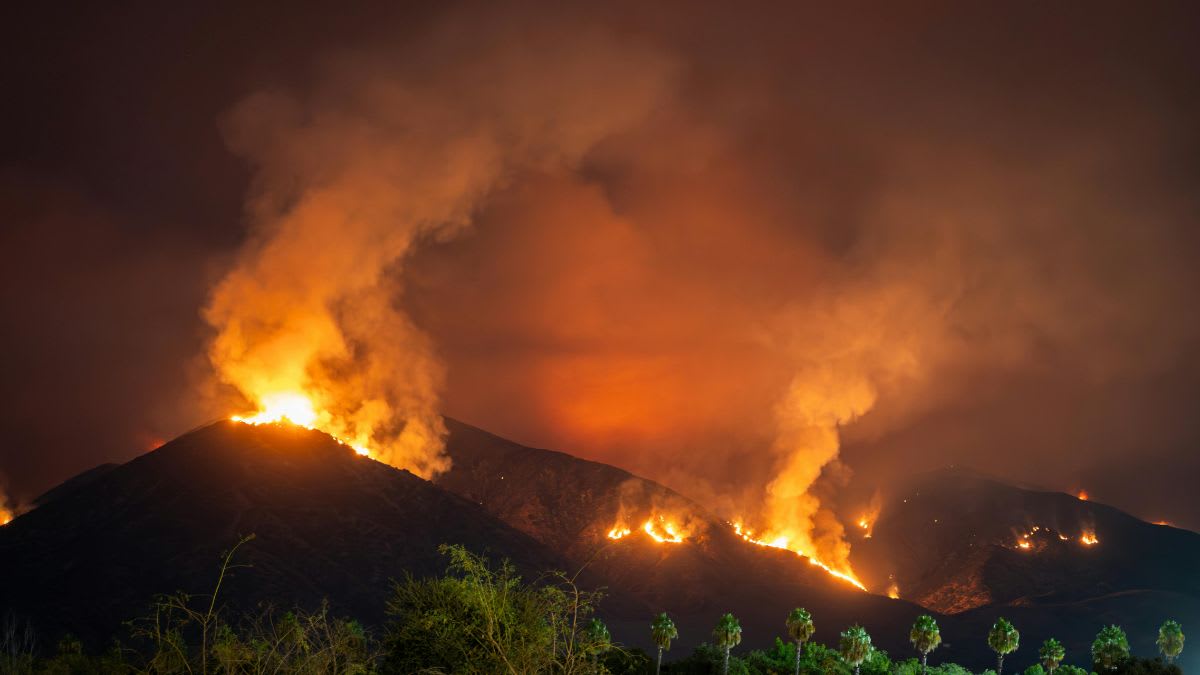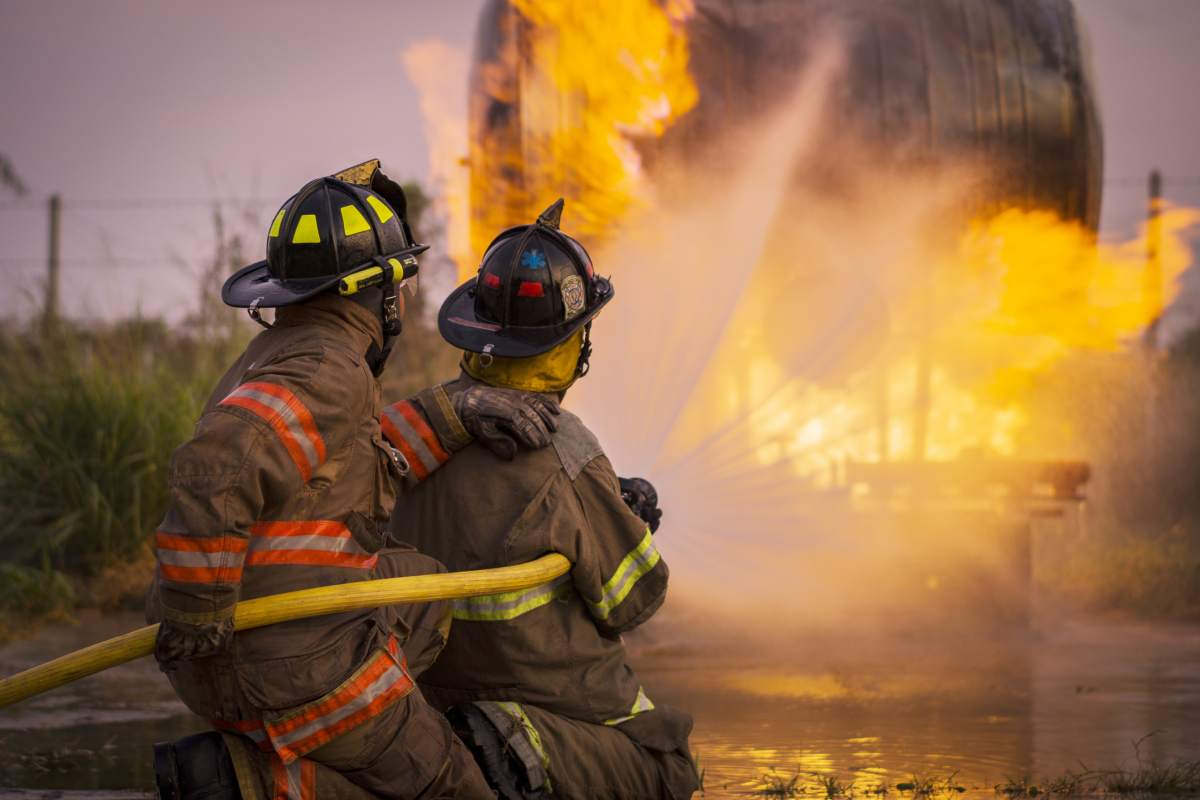Teen watched his hometown burn down—then created something using AI to ensure it doesn't happen again

Necessity is the mother of invention, according to a common proverb. A teen from Argentina proved that after he designed an AI-powered device to detect wildfires early because people from his hometown in Cordoba, Argentina, lost their homes to one such incident. Franco Rodriguez Viau was only 16 years old when he saw his hometown burn down during the pandemic. He was surrounded by a lot of panic and uncertainty at that time. But instead of dwelling on it, he decided to find a solution, per Newsweek.

"I try not to get stuck on my feelings. I try to use them as something to inspire me and motivate me. I think it's also the best way to launch a startup—to have a personal problem and to be able to overcome that feeling and take action," Franco explained. The fire that raged through Cordoba had managed to burn 60,000 hectares of land. Two people also lost their lives because of the fire. Franco ended up building "Satellites on Fire" after that. It is an AI-powered wildfire detection tool that helps detect wildfires early and control the harm they can cause to lives, property, and nature. 19 countries have started using the device and it has also prevented the spread of around 100 wildfires.

"I had loved ones who lost their houses. Fortunately, they were able to go out in time. But it was a strong experience for me," the now 21-year-old explained. "I started this mission at 16 years old when my friends were playing video games. I set out to speak with hundreds of people who work with wildfires, because I kept wondering, 'How is it possible that in the 21st century we cannot catch a fire before it destroys everything?'" Franco realized that the current system still relied on people calling 911 to report the wildfire. Hence, it would spread uncontrollably before anyone could do anything about it. "With that problem in mind, I started moving and researching and the feelings I felt while watching the disaster in Cordoba helped me."

As Franco already had some experience with science projects, he set out to invent something new with his group. "At the time, I was in high school and every year we did a big project. It could be making a game, a website, anything. My group started developing the system more than four months [before the submission.] We presented it at school, but we didn’t want it to end as a school project; but really wanted to help and save people's lives." To make that happen, Franco spoke to firefighters, forest rangers and scientists to understand wildfires and how they spread in different scenarios. At first, the group was told that their project wouldn't work, but they persisted.
"Typically, nowadays, fire departments learn about wildfires through people calling 911. That's how they get so catastrophic, because the caller doesn't know the coordinates of the fire and firefighters cannot efficiently reach it. Plus, once they get there, they don't know how the fire will propagate." Franco's device, "Satellites on Fire," uses AI and data from over eight satellites to inform firefighters about the coordinates of the fire, the direction of propagation and the effects of the climate and fuel load on the fire as well. The app has turned out to be a big blessing for the community. Nonetheless, Franco felt that getting to protect nature was the biggest thing for him out of it all.
